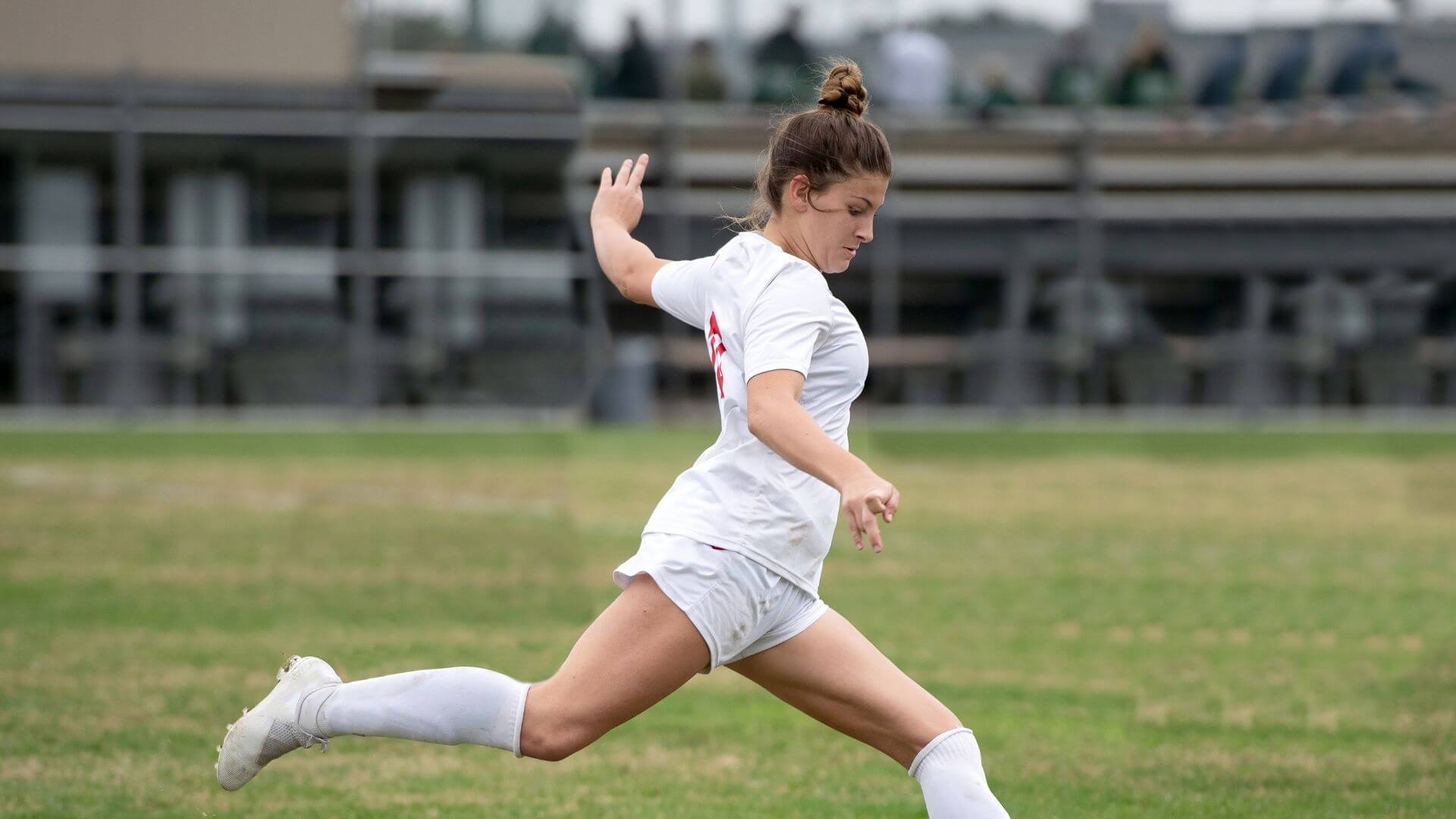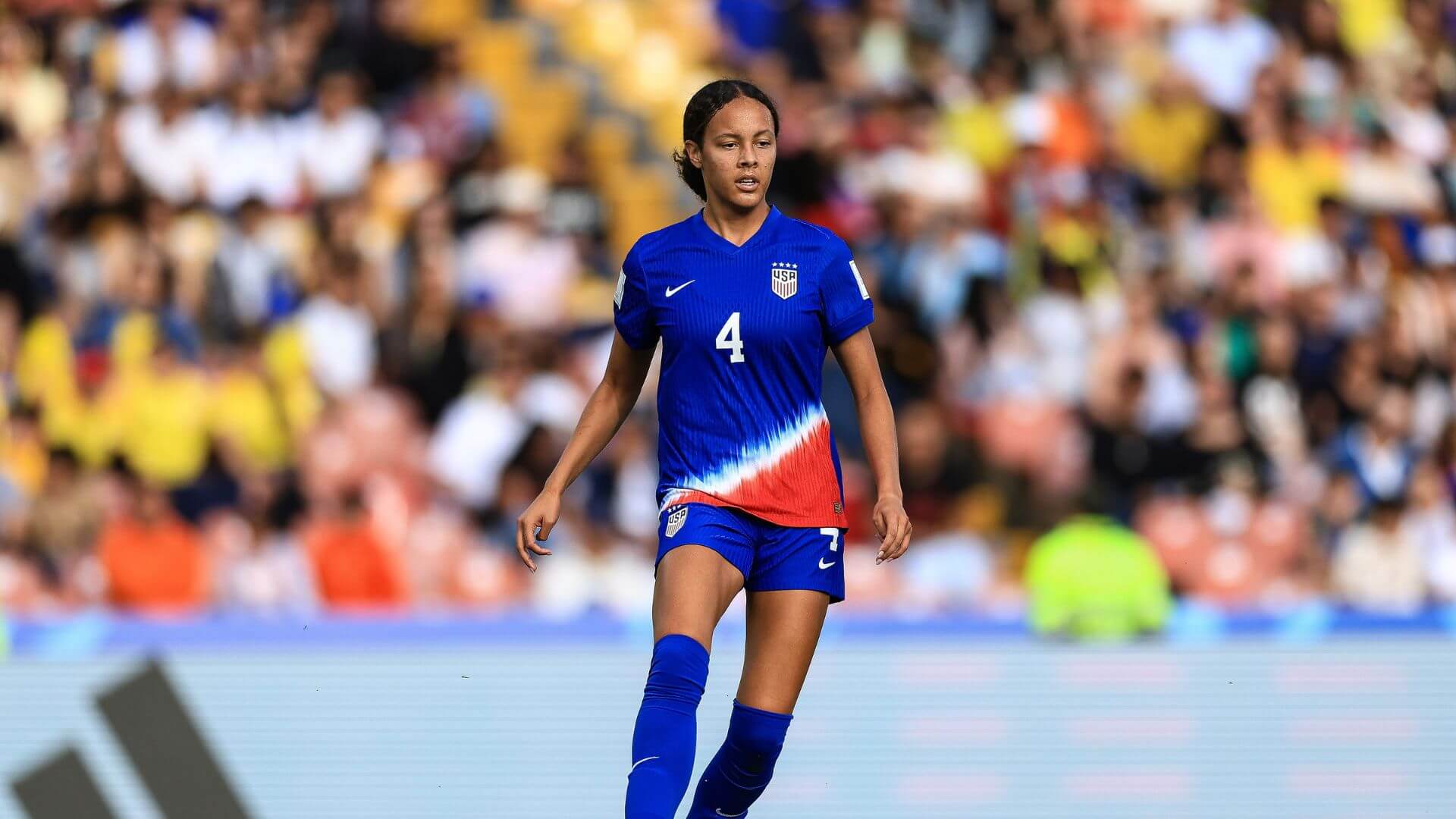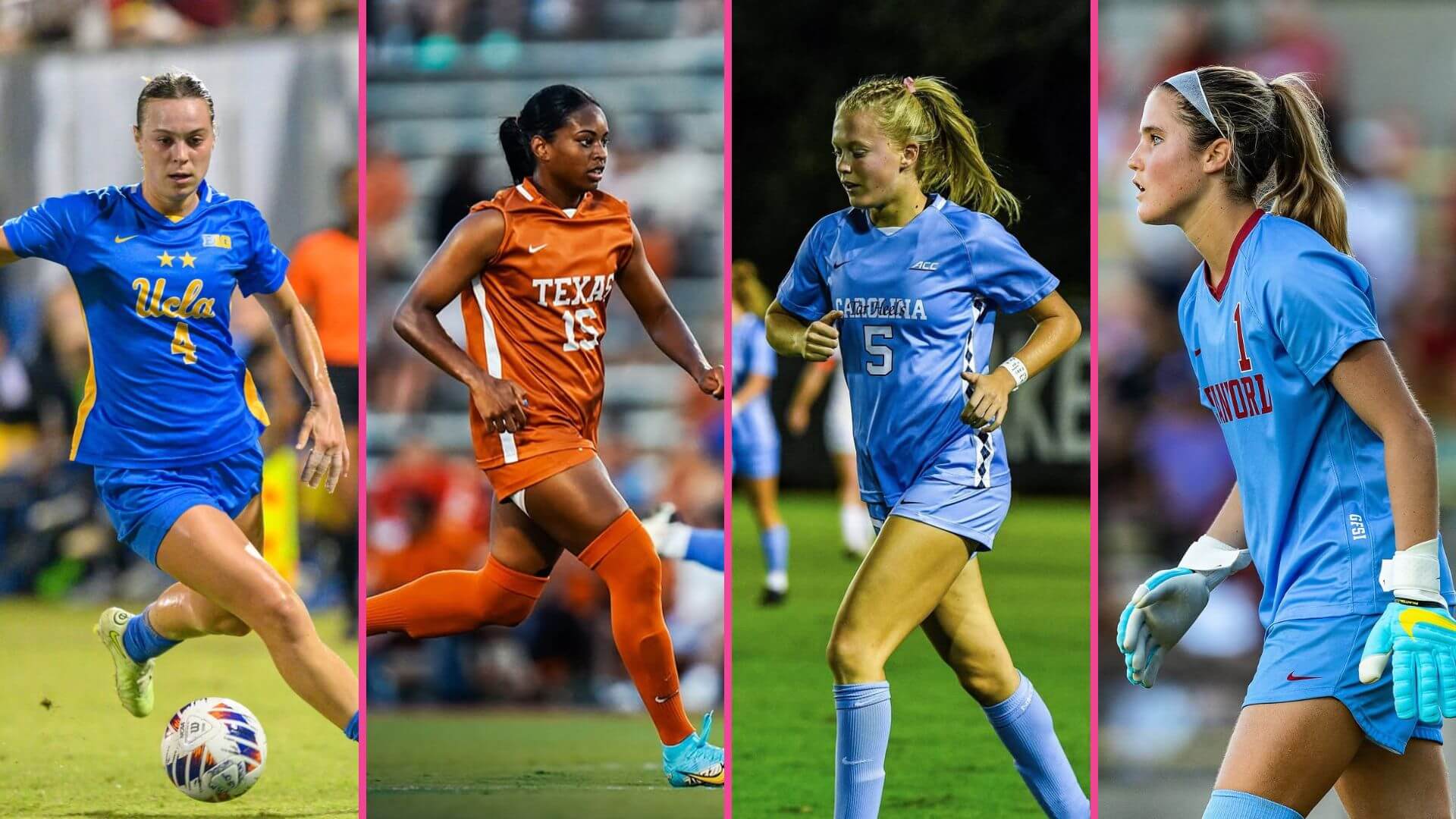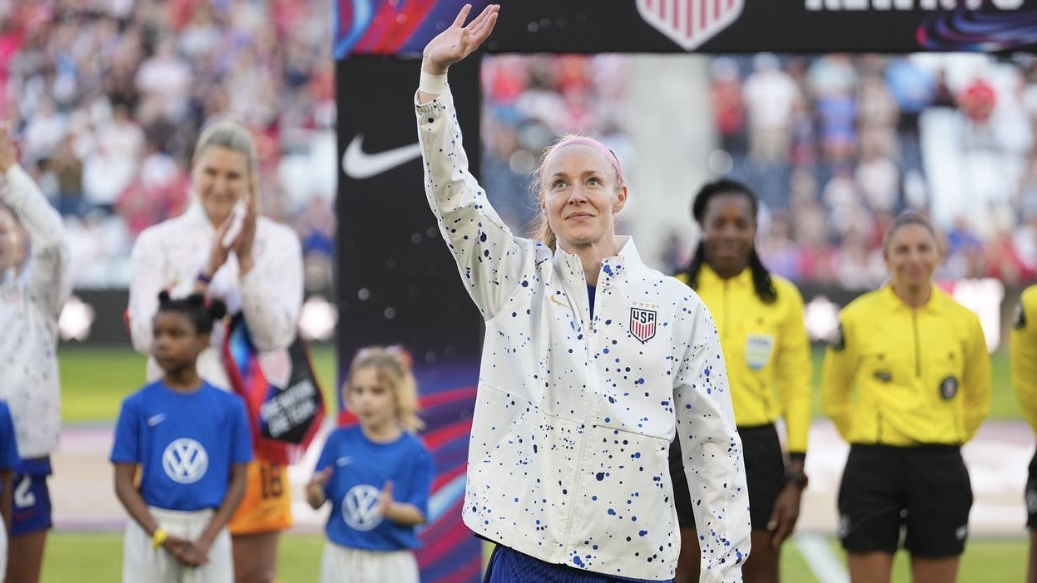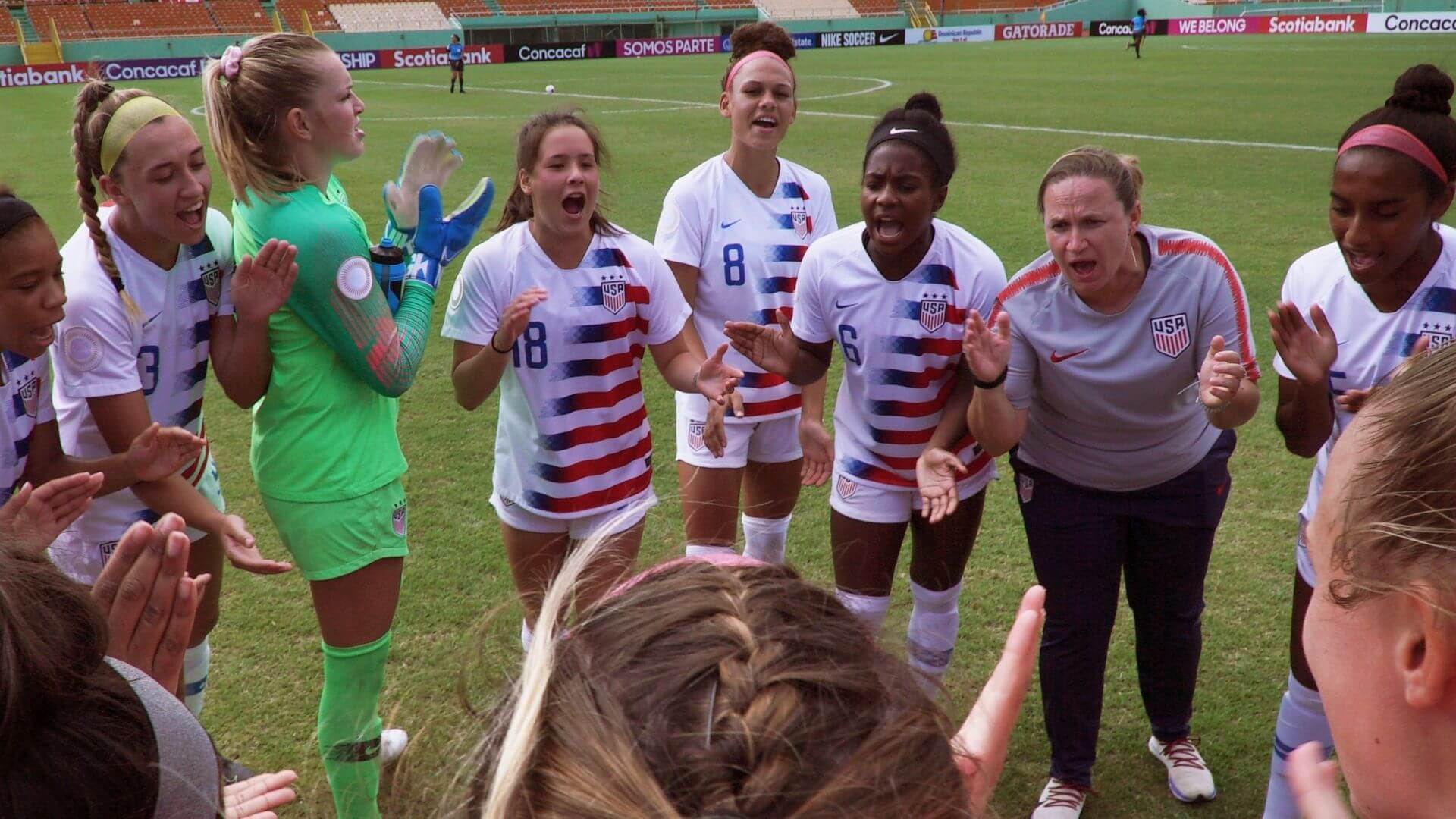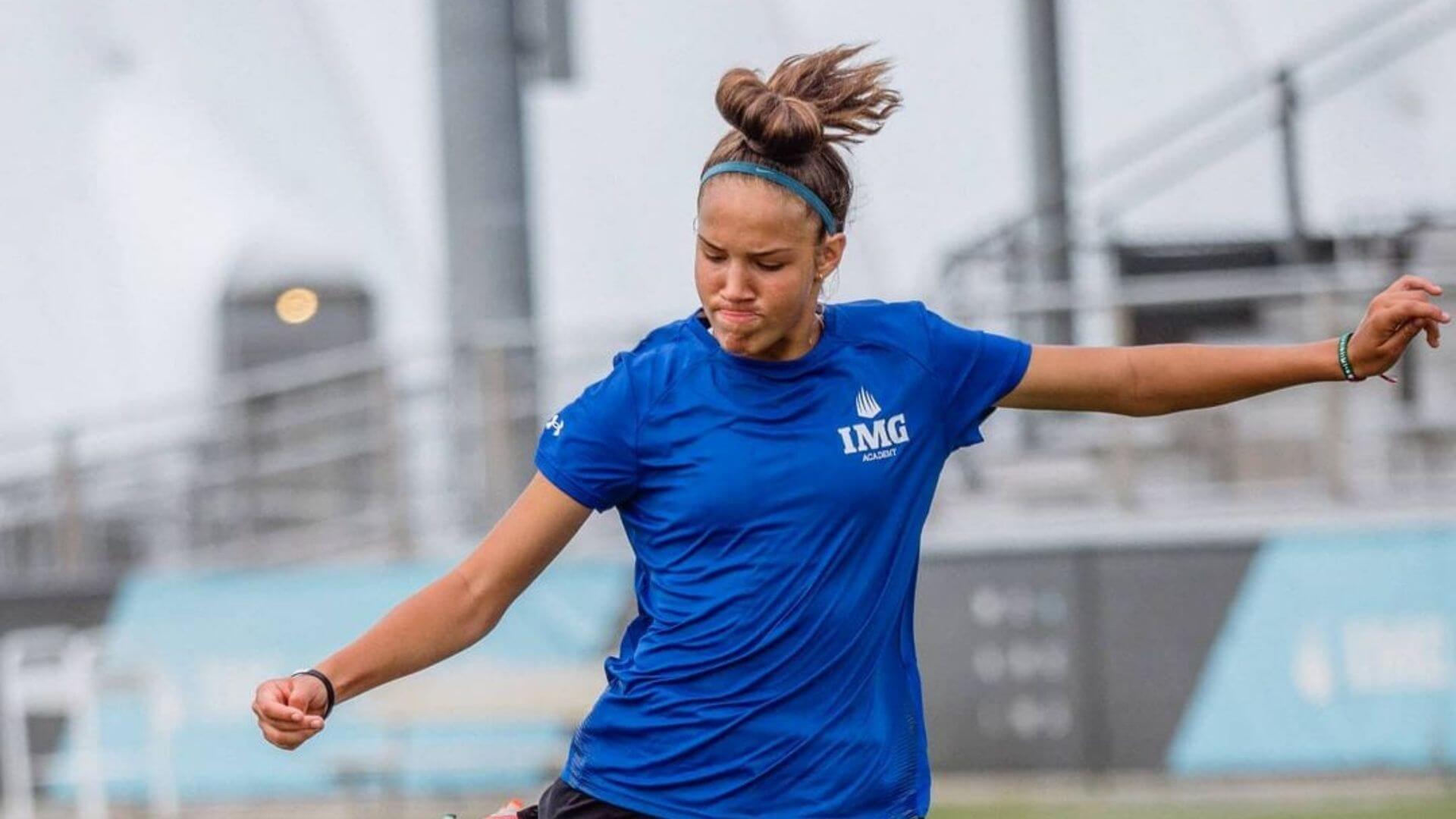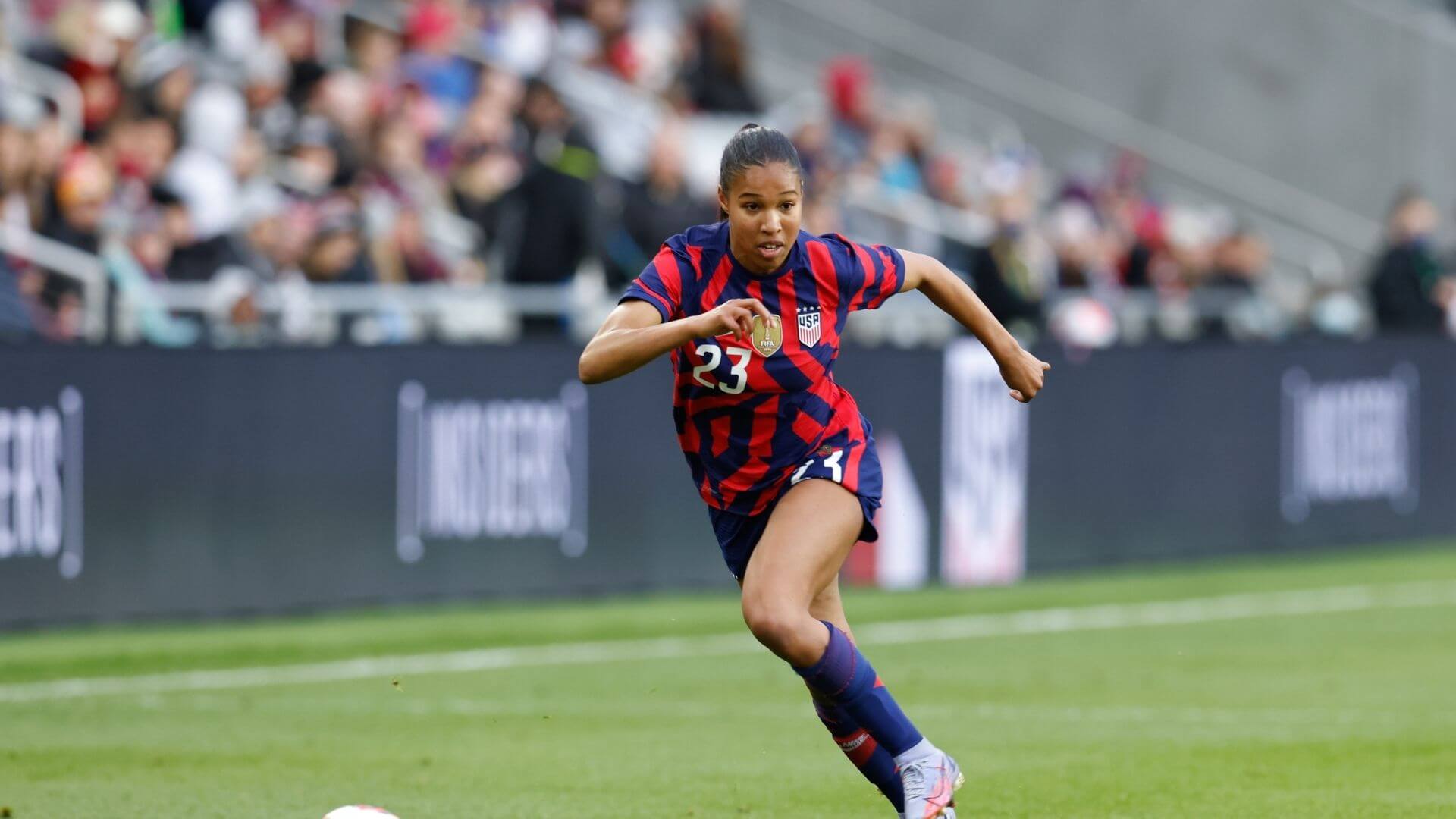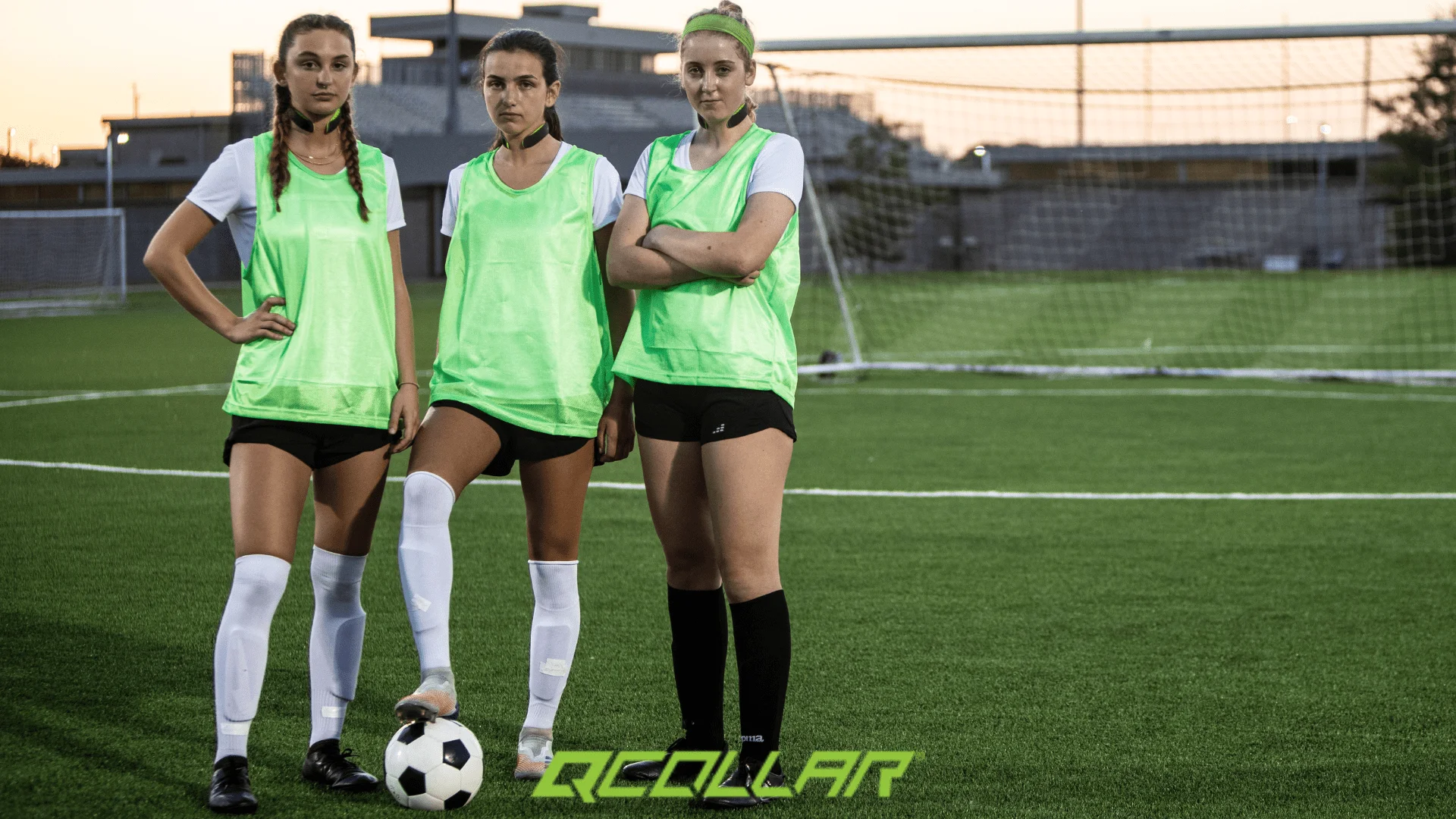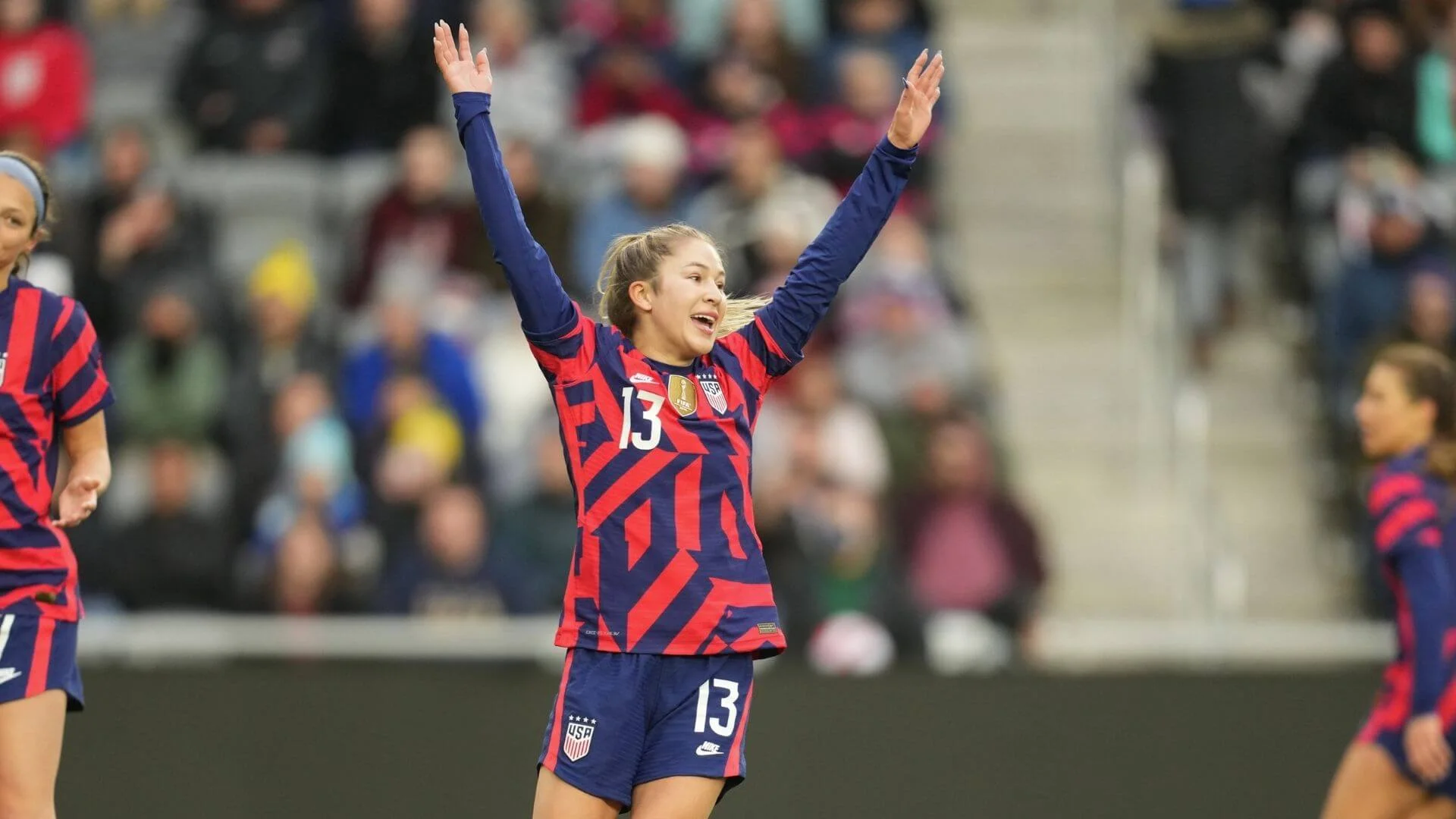The Impact of Mental Health Risks on Soccer Players
We have neglected the mental health and emotional well-being of athletes for far too long. The time has come to erase the stigma associated with mental health and focus on the well-being of athletes.
Michael Phelps, Naomi Osaka, and Simone Biles are just a few prominent athletes whose personal struggles have shed light on mental wellness issues.
In the soccer world, the USWNT’s Christen Press has kickstarted the mental health conversation. Press has made 155 appearances and scored 64 goals for the United States Women’s National Team. However, after the Tokyo Olympics, Press decided to prioritize her well-being over the game she loves. In an Instagram post, Press stated she would be taking a brief timeout from the game:
In her post, Press emphasizes the need to focus on “who we are” over “what we do.”
The Mental Health Stigma
Elite soccer players are viewed as warriors, invincible, and physically and mentally withstand more than most people. Top-tier players are heralded for their mental toughness and ability to overcome obstacles. Asking for help is viewed as a weakness. This perpetuates the idea that if world-class athletes don’t face mental wellness issues, then everyone should deal with them.
Unfortunately, young soccer players take notice. Youth soccer players want to emulate their heroes, often to the detriment of their emotional well-being.
Additionally, the pressures of being an athlete don’t only set in at the professional level. Something like being cut from a team, not starting on the field, being injured, or facing body image issues all have profound effects on the mental health of young athletes. It’s not uncommon for young athletes to begin suffering from depression, anxiety, and other mental health issues because of the pressure placed on them.
We must acknowledge mental health and take it seriously on a mental illness level and a general mental well-being level. We need to encourage young players to engage in sports in a healthy way by balancing it with other parts of their lives.
The misconception is that success requires a focus on playing soccer and continuing to play soccer. Ignoring emotional well-being yields no positive results. Health requires care. Physical, mental, emotional development is necessary for a soccer player to function optimally on and off the field.
Mental Health Risk Factors
Soccer players experience pressure both athletically and personally. Stressors stem from many parts of an athlete’s life, and when overlooked, mental health is at risk. Many factors can contribute to mental wellness risks:
- Internal performance pressure
- High expectations from parents, coaches, and teammates
- Harsh criticism
- Loss of attention, accolades, or praise
- Scholarships/college process
- Lack of playing time
- Injuries
- Personal stress
- Intrapersonal relationships
- Academic demands
- Body image issues
- Lack of a social life
- Athletic burnout
Managing stress and focusing on mental wellness are crucial components of athletic development, emotional well-being, and peak performance.
Takeaways
Mental health is not the same as mental illnesses. Rather than being a disease, mental health encompasses having a healthy life balance. Mental health is just as important as physical health, and the mental well-being of athletes shouldn’t be overlooked just because they face extreme physical demands.
Overall, an emotional support network can provide valuable assistance and resources when needed. Additionally, improved mental and emotional health builds a positive self-identity, self-confidence, and personal resilience. Always remember, competitive soccer is just a game no matter the circumstances!
Here are a couple of links to resources that support mental heath in girls and athletes:
Featured image via Adobe Stock
_
GIRLS SOCCER NETWORK: YOUR SOURCE FOR GIRLS SOCCER NEWS



